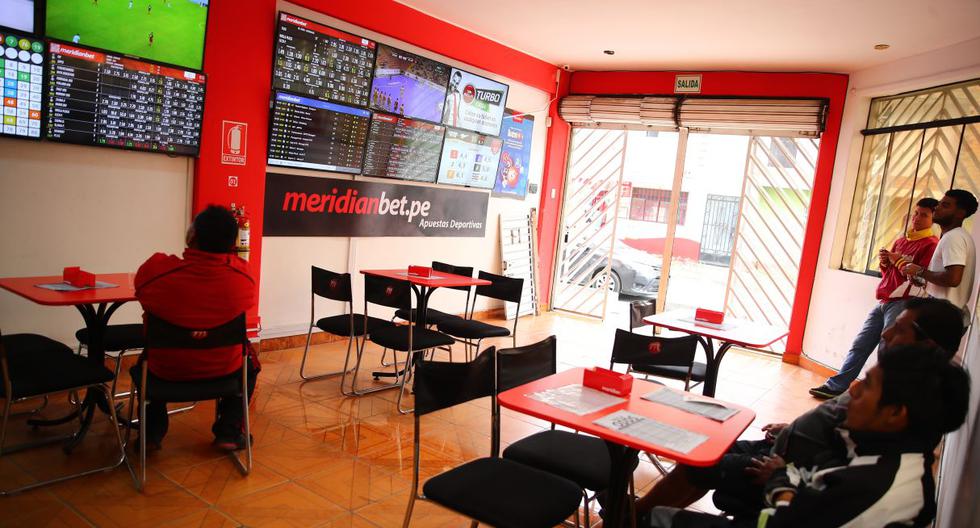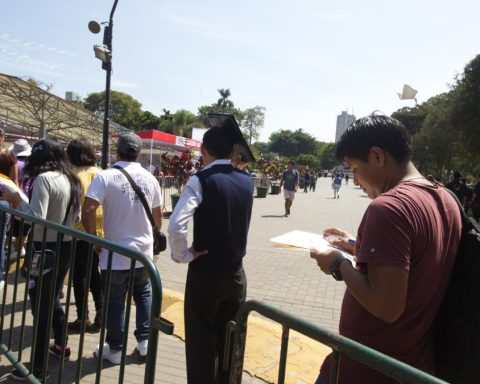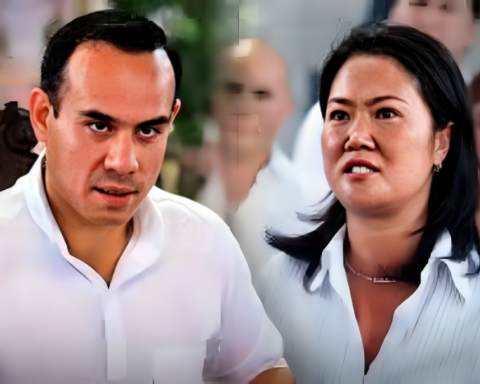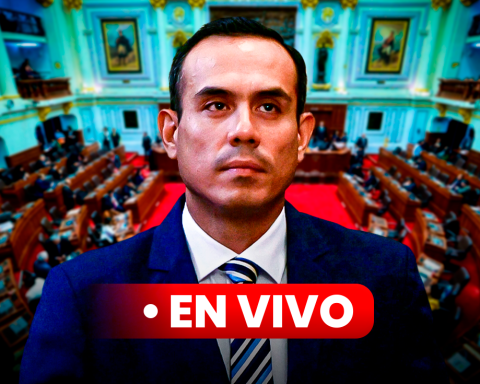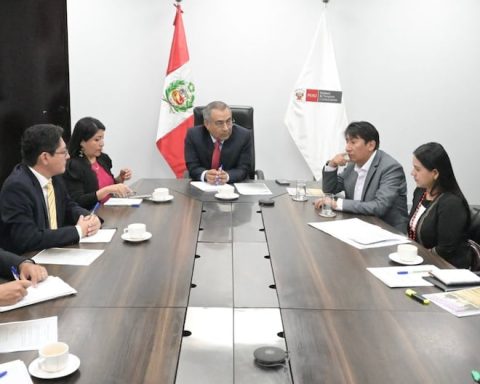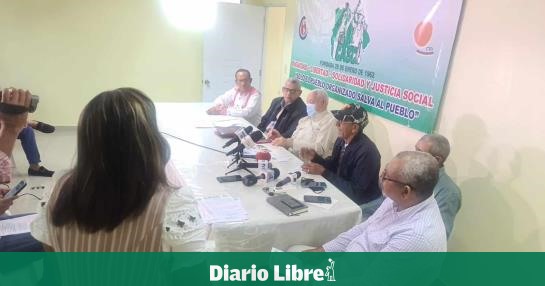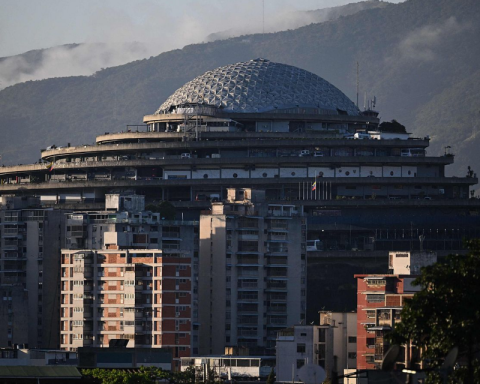The Ministry of Foreign Trade and Tourism (mincetur) unveiled this Thursday the preliminary bill prepared to regulate Internet sports betting and games, which generates an approximate movement of S/ 4,500 million per year.
According to the head of the sector, Roberto Sánchez, it is urgent that these operations be controlled in an integral way, paying taxes and complying with adequate conditions, which guarantee the safety of users, as well as transparency and responsible gaming policies, as has been happened in Colombia, Mexico, Argentina, and much of the United States and Europe.
The day before, it was announced that this activity would be taxed online after holding meetings with various business associations in the sector.
“The draft of the Mincetur proposes a direct tax of 12% applied to the Net Income (Net Win). Similarly, consider a selective consumption tax of 1% on bets paid by the customer. In this sense, an annual collection of around S/ 160 million is estimated, which can not only be invested in the reactivation of tourism, but also in public infrastructure works, especially to promote sports.Sanchez said.
What measures will be applied?
The Mincetur will be the entity responsible for granting authorizations for the use of technological platforms in games and sports betting, as well as in physical premises, for which companies must be registered in the Single Taxpayer Registry.
- Companies must have a legal representative in Peru and a web domain with the ending “.pe”, to avoid capital flight and prevent money laundering, commission of fraud, computer crimes and any other illicit purpose.
- The control of the technological platforms will be carried out by physical and/or logical, face-to-face or remote access.
- The proposal also prohibits the participation in games and sports betting at a distance of minors and people with gambling problems.
- Companies that do not have the respective sectoral authorization will be prohibited from signing advertising or sponsorship contracts.
- Regarding administrative sanctions, these include: reprimand, fine (from 1 to 500 UIT), cancellation of authorization and/or administrative registration, disqualification for up to 10 years and permanent disqualification.
The proposal indicates that, after being enacted, the Mincetur must issue the regulation within a period not exceeding 90 business days. From the date of entry into force of the rule, companies must comply with what is stated in the legal device within a period of one hundred and 120 calendar days.
